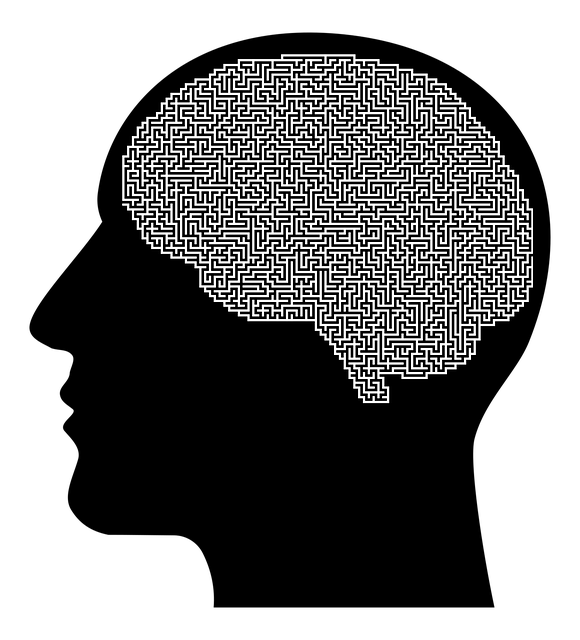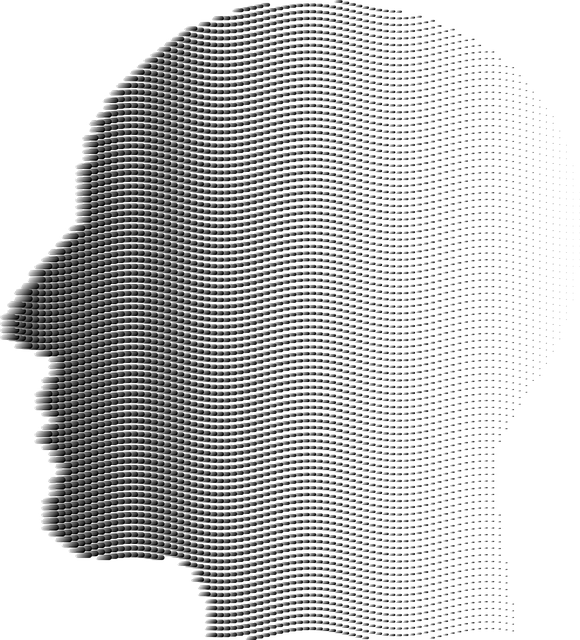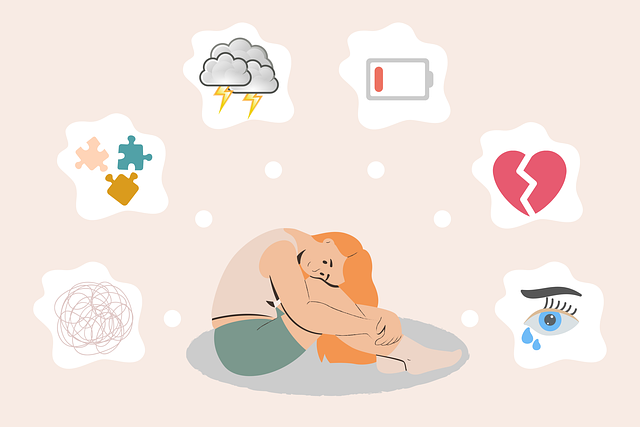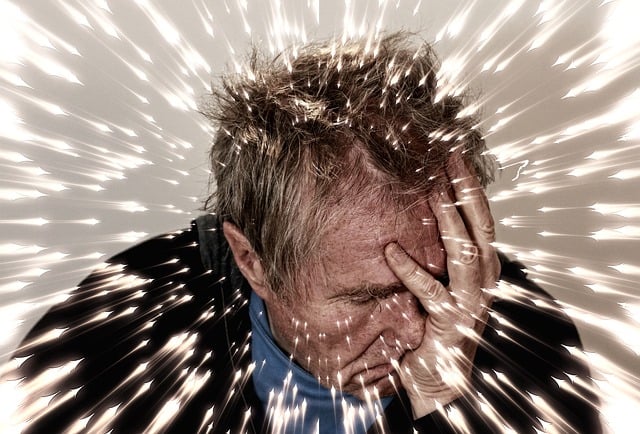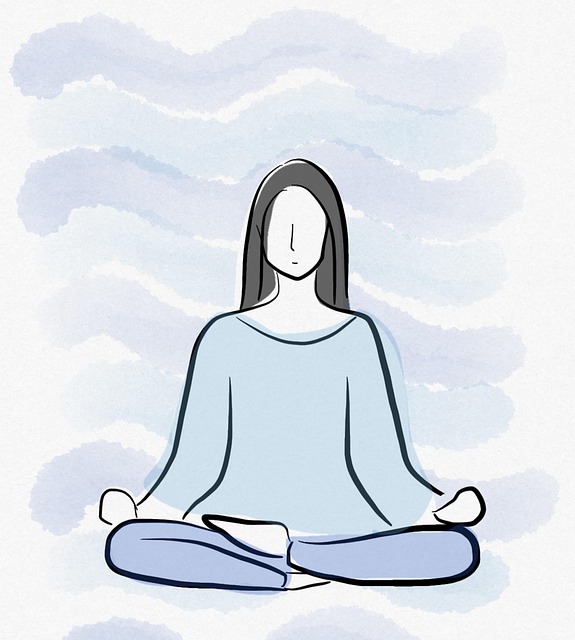Therapy for Veterans requires cultural sensitivity to address unique psychological challenges stemming from military service. Therapists must be culturally competent, recognizing diverse emotional regulation and communication styles, tailoring approaches like journaling exercises to validate veteran experiences and meet specific needs. Continuous education and self-awareness are key to enhancing cultural competence, fostering inclusive environments, and preventing burnout among healthcare providers, ultimately providing effective therapy tailored to each veteran's background.
Cultural sensitivity is a cornerstone of effective mental healthcare, especially when treating veterans. In a diverse society, therapists must navigate complex cultural landscapes to provide compassionate care. This article explores the critical concept of cultural sensitivity in mental health, focusing on unique challenges faced by veterans. We delve into specific strategies to enhance cultural competence, ensuring therapeutic environments are inclusive and accessible for all service members, addressing their distinct needs and experiences, particularly in therapy for veterans.
- Understanding Cultural Sensitivity in Mental Healthcare
- Challenges and Considerations for Therapy with Veterans
- Strategies to Enhance Cultural Competence in Practice
Understanding Cultural Sensitivity in Mental Healthcare

In mental healthcare, cultural sensitivity goes beyond simply treating patients from diverse backgrounds; it’s about understanding and respecting each individual’s unique cultural experiences and beliefs. This approach is especially crucial when providing therapy for veterans, who often face complex psychological challenges shaped by their military service. By integrating cultural competency into therapeutic practices, mental health professionals can create a safe and supportive environment where veterans feel heard and validated.
Cultural sensitivity in therapy involves recognizing that emotional regulation strategies, risk management planning, and even communication styles vary across cultures. For example, some veteran clients might prefer direct and problem-oriented approaches, while others may benefit from more indirect, relationship-focused therapies. Mental wellness journaling exercises guidance can be tailored to incorporate cultural elements, offering a space for veterans to express themselves on their terms. This nuanced understanding fosters effective treatment, ensuring that mental health services meet the specific needs of a diverse veteran population.
Challenges and Considerations for Therapy with Veterans

Veterans often face unique challenges when accessing mental healthcare services due to their distinct experiences and backgrounds. Therapy for veterans requires a nuanced approach, considering the potential impact of military service on their psychological well-being. One significant consideration is the transition from a structured military environment to civilian life and its associated stresses. Many veterans may struggle with adjusting to post-service life, leading to feelings of disorientation and isolation—issues that therapists must be equipped to address.
Cultural sensitivity plays a pivotal role in successful therapy for veterans. Therapists should demonstrate emotional intelligence and an understanding of the veteran’s unique cultural framework. Building trust and fostering open communication are essential, as many veterans may have experienced trauma or suffered from burnout due to their service. Confidence-boosting techniques can help them feel empowered during therapy. Additionally, incorporating burnout prevention strategies for healthcare providers is vital to support therapists working with this population, ensuring they can offer consistent and compassionate care.
Strategies to Enhance Cultural Competence in Practice

Cultural sensitivity is paramount in mental healthcare to ensure effective treatment for a diverse range of patients, including veterans. One key strategy to enhance cultural competence is education and self-awareness exercises. Healthcare professionals should participate in continuous training to learn about different cultural backgrounds, beliefs, and practices. This knowledge enables them to create an inclusive environment that respects individual differences. By fostering self-awareness, practitioners can recognize their own biases and better understand the unique challenges faced by veterans from diverse ethnic and cultural groups.
Additionally, integrating evidence-based practices tailored for specific cultural needs can significantly improve therapy outcomes. For example, mindfulness techniques and relaxation exercises have been shown to be beneficial in reducing anxiety relief and mood management. When adapted to suit various cultural contexts, these practices can be powerful tools in veterans’ mental health journeys. A therapist with a strong cultural competence foundation can offer personalized care, ensuring that every veteran receives the most effective therapy tailored to their specific background and needs.
Cultural sensitivity is an indispensable aspect of mental healthcare, especially when treating diverse populations such as veterans. As highlighted in this article, understanding cultural nuances and incorporating strategies to enhance cultural competence can significantly improve therapy outcomes for veterans. By addressing the challenges specific to veteran patients, healthcare professionals can create a more inclusive and effective therapeutic environment, ultimately improving access to quality mental health care for this unique demographic.
